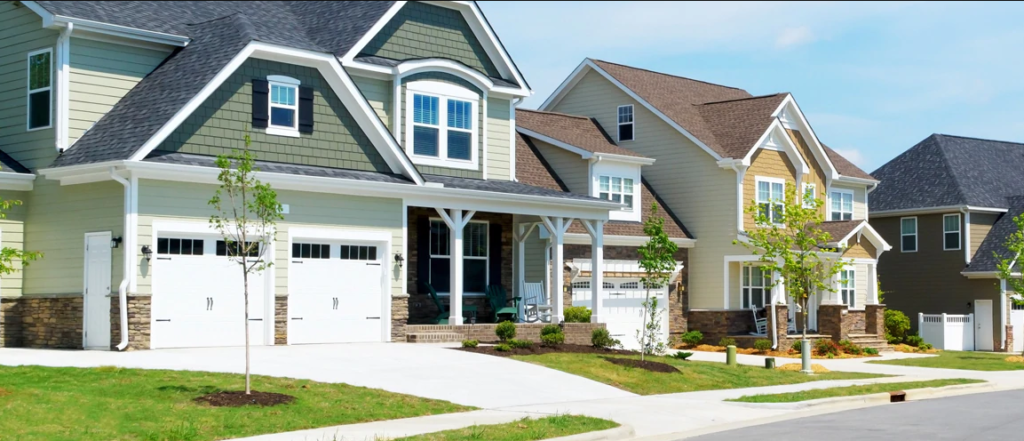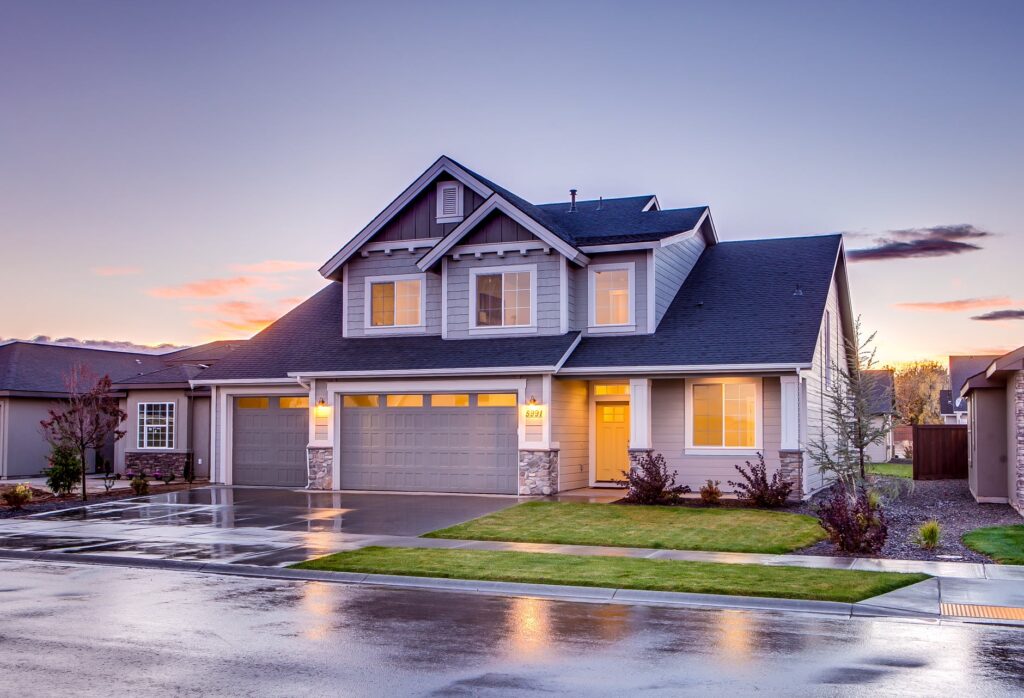
What Insurance is Necessary for Rental Property Owners?
Rental property owners review insurance options for protecting their properties and preventing financial losses when damage happens or if a liability happens. When renting out a property, the owner must ensure that the property is hazard-free and won’t present a risk to the tenants or visitors. Property owners acting as a landlord must ensure that all systems in the property work properly and won’t lead to serious risks to anyone staying in the property. Examining insurance policies for rental properties shows owners the best way to protect their investment more fully.
Rental Property Coverage

Rental property coverage provides protection for the property and offers funds if the property is damaged because of a covered event. The covered events include fires, natural disasters, floods, water leaks, and criminal acts such as vandalism. If the property is damaged, the owner files a claim to get money to pay for the repairs. If the property is a total loss, they receive the market value to replace the property. Rental property owners can learn more about rental property insurance by contacting Roger Butler Insurance.
Landlord’s Insurance Coverage
Landlord’s insurance coverage provides extra assistance for liabilities that could emerge when renting out a property. It provides financial assistance for any repairs the property owner must complete for the property. It also pays for repairing detached structures that are on the property such as a metal storage building and fencing. The policy provides the landlord with the money they need to repair or replace the detached structures.
The property owner can get assistance with any equipment or machinery they use to keep the property maintained. This will include lawnmowers, edgers, snowblowers, and tools, and the property owner can get repair services or replacement funds for these items if they are damaged, stolen, and fail to work properly. The added coverage ensures that they have the equipment handy to maintain the property and comply with fire safety laws, and the property owner is maintaining conditions that could lead to a premise’s liability involving the tenant or anyone who visits the rental property while the tenant is living there.
Unoccupied Dwelling Coverage

Unoccupied dwelling insurance provides protection for the property when no one is living in the property. The policy will pay for the cost of repairing the property, and it will replace items inside the property that are damaged or stolen. Insurers recommend that the property owner take everything of value out of the property if no one is living in the property to mitigate the risk of serious risks. When it comes to protecting an unoccupied dwelling, some insurers require the property owner to install a security system in the property to capture footage of any attempting to break into the property.
Additional Liability Coverage
Extra protection for liabilities helps the rental property owner manage liabilities that could emerge when visitors come to the property. This includes prospective tenants who come to the property to review it. If there are any hazards around the property, the rental property owner will be held accountable if anyone gets injured and has a legitimate reason to be on or inside the property. This includes service providers such as landscapers who come to the property to maintain the yard and utility workers who may become injured trying to read the utility meters.
When the property is unoccupied, the rental property owner must follow steps for maintaining exterior spaces that could present a risk to lawful visitors. The additional liability coverage applies when a visitor files a legal claim against the rental property owner for injuries they sustained on the property. It gives the property owner financial help to prevent a serious financial loss.
Loss of Rent Coverage

Insurance for the loss of rent or income helps rental property owners if a tenant fails to pay their rent, if they cannot rent out the property, or if a national state of emergency freezes rental payments like some states initiated with the recent pandemic. It allows the property owner to file a claim and get compensation to pay for expenses related to the rental property.
Renter’s Insurance Coverage
Adding a clause to the rental agreement to require the tenants to purchase and maintain renter’s insurance helps the property owner to protect their property. The policy pays for any damages caused by the tenant or their pets. The policies can include a clause for the tenants’ pet according to the pet’s breed and weight. It will provide additional funds if the property is damaged by the pet. It will also provide liability coverage for the pet, and if the pet attacks a visitor, the policy provides payments for the victim’s medical requirements.
Riders for Additional Fixtures Around the Property

Adding riders to the rental property coverage gives the property owner added protection for fixtures that are connected to the property directly such as a garage or a swimming pool. The fixtures must be covered properly to prevent financial losses because of property damage. Liabilities related to these fixtures present the rental property owner with serious risks. If they have a swimming pool, there is a possibility of accidents involving the tenants or visitors that visit the tenant. These liabilities require extra protection to prevent the property owner from facing a lawsuit if serious injuries happen.
Rental property owners must complete the necessary steps for protecting their investment and avoiding financial losses. This includes property coverage that offers financial help if the property is damaged or destroyed by a covered event. Landlord coverage provides extra protection for the property and covers specific liabilities that might arise when a tenant is living in the property. Rente’s insurance is a necessary option for protecting the owner’s investment and ensuring that the tenant files a claim if they or their pet cause property damage. Loss of rent coverage helps the e rental property owner acquire funds if they aren’t able to collect rent. Reviewing these insurance policies helps the property owner obtain adequate coverage for their asset.
